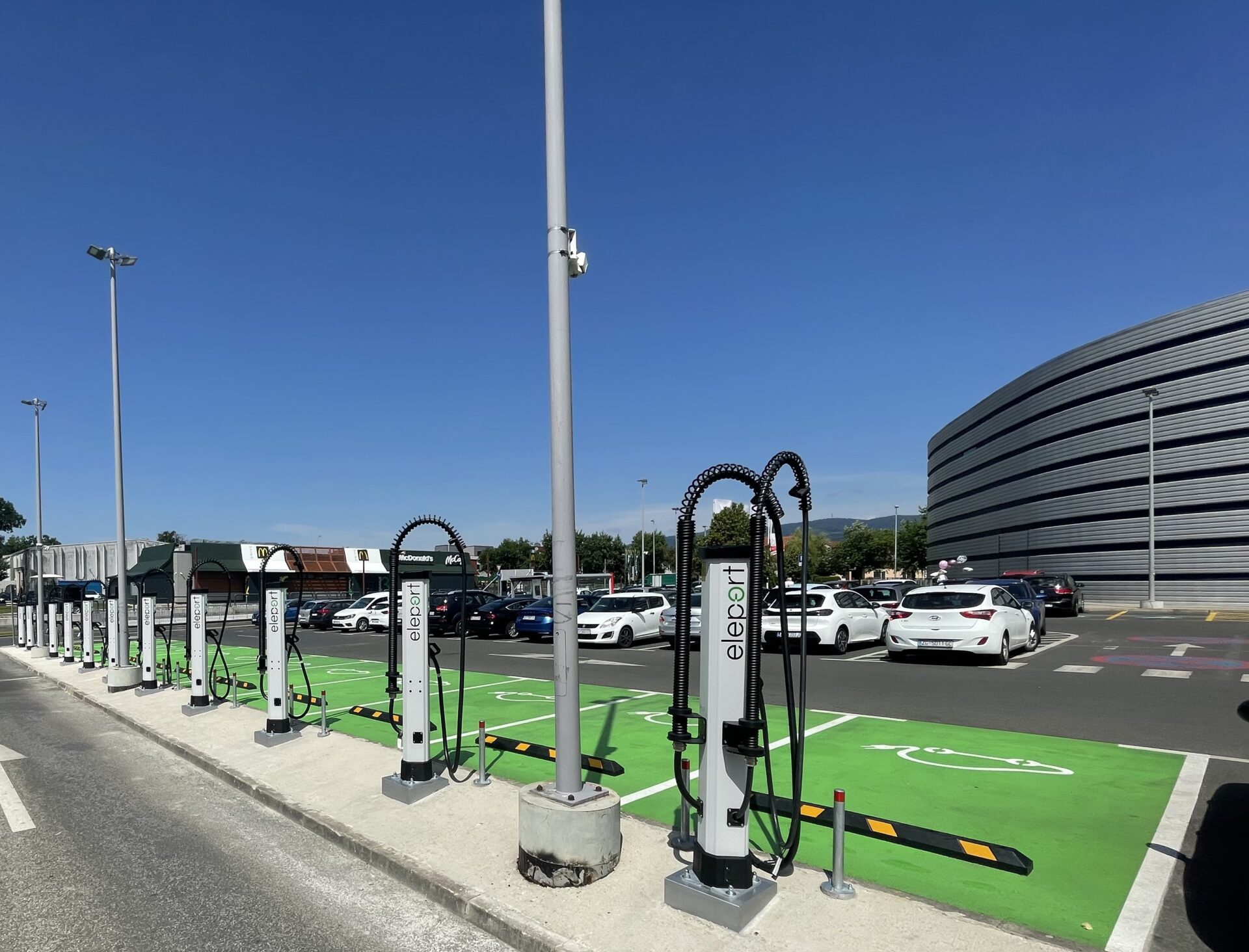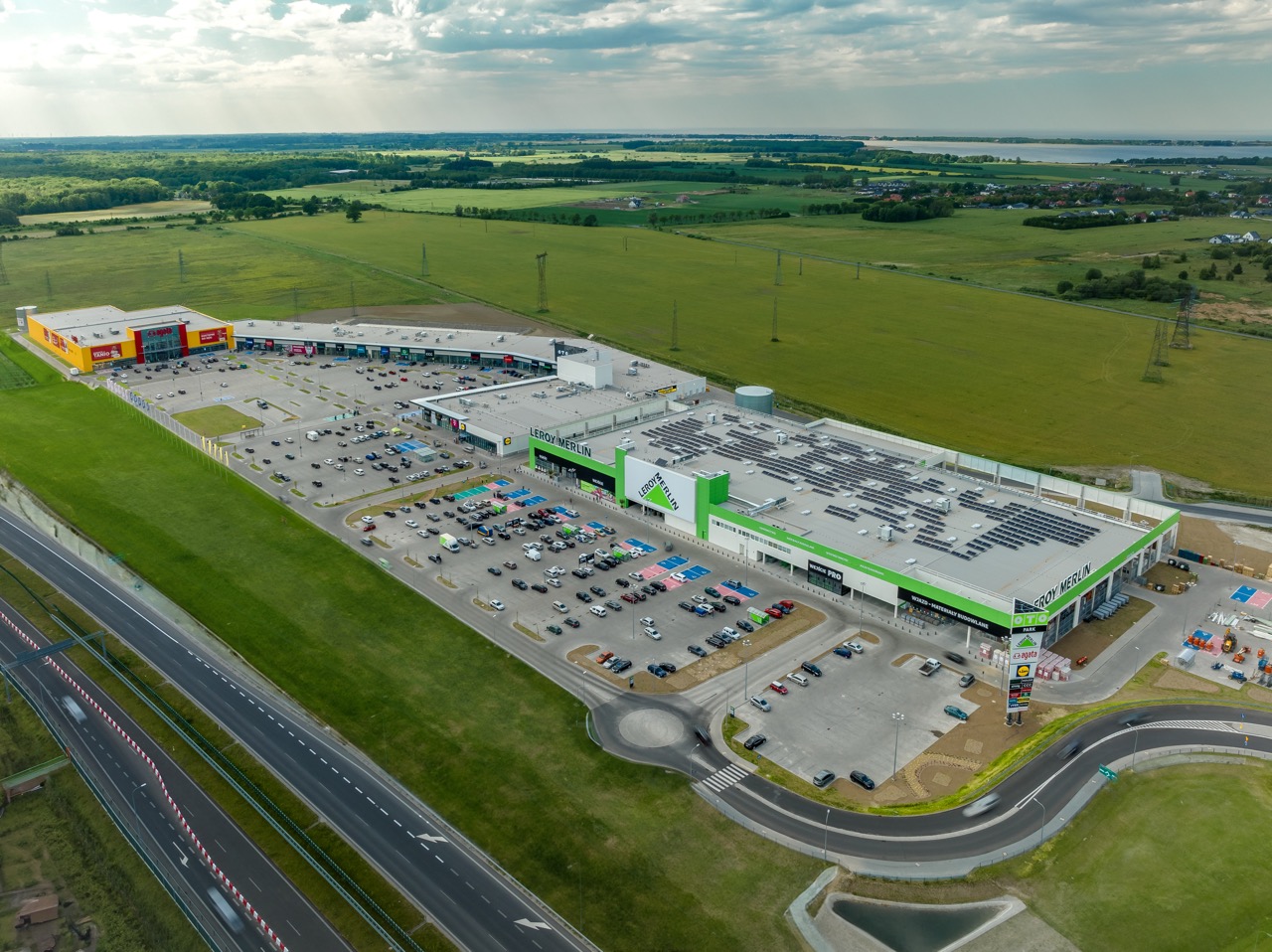InPost, Europe’s leading out-of-home e-commerce delivery service, has expanded its network of automated parcel machines (APMss) to 15,000 with a new location in Czarna Górna in the heart of Poland’s Bieszczady Mountains. InPost is focused on growing its locker network while also increasing density, making Parcel Lockers more accessible to consumers across Poland. InPost is also introducing an exciting new feature to its APMs in municipalities participating in its “Green City” programme; sensors that will provide air-quality data through the InPost Mobile app.
InPost’s accelerated expansion of its APM network in 2021 complements the development of new services and the introduction of environmentally-friendly technologies. Over the past month, InPost has introduced a number of new initiatives; including same-day local delivery, a new “Easy Access” service for people who can’t reach higher lockers, and the systematic expansion of InPost’s “Green City” programme for local governments.
“It’s no surprise that 77 percent of online shoppers are now choosing our Parcel Lockers,” said InPost Founder and CEO Rafał Brzoska. “We want all of our users, whether they’re residents of big cities, small towns or villages like Czarna Górna, to have one of our APMs nearby. In addition to offering the most environmentally-friendly delivery service, we’re committed to providing consumers with real-time information about air quality in the cities where they live.”
As previously announced, InPost also plans to roll out new APMs powered by solar energy. These new APMs will be surrounded by anti-smog paving stones.
InPost’s lockers are the most environmentally-friendly delivery method for online shopping. Research by InPost shows deliveries to lockers reduce CO2 emissions by as much as 75 percent compared to home delivery, by significantly reducing the number of cars on the road. In 2020 alone, the use of InPost APM saved more than 180,000 tonnes of CO2 emissions.
The continued development of the Paczkomat® network will help reduce car traffic in cities even further, which will result in better air quality while also helping to fight climate change.
InPost is also investing in education and other green initiatives to increase awareness of climate change among consumers. As part of InPost’s Green City programme, the first air quality sensors will be rolled out on 20 October in participating cities. The locations of these sensors will be chosen following input from local governments and residents.
“As the network of sensors becomes denser, we will be able to make increasingly accurate air quality measurements meaning we can monitor changes in real-time,” Brzoska said. “The sensors mainly measure PM10 and PM2.5 particles, however, some will also measure nitrogen dioxide and ozone concentrations. Following the installation of these sensors, consumers using the InPost Mobile App will have the ability to monitor temperature, air pressure and humidity.”







